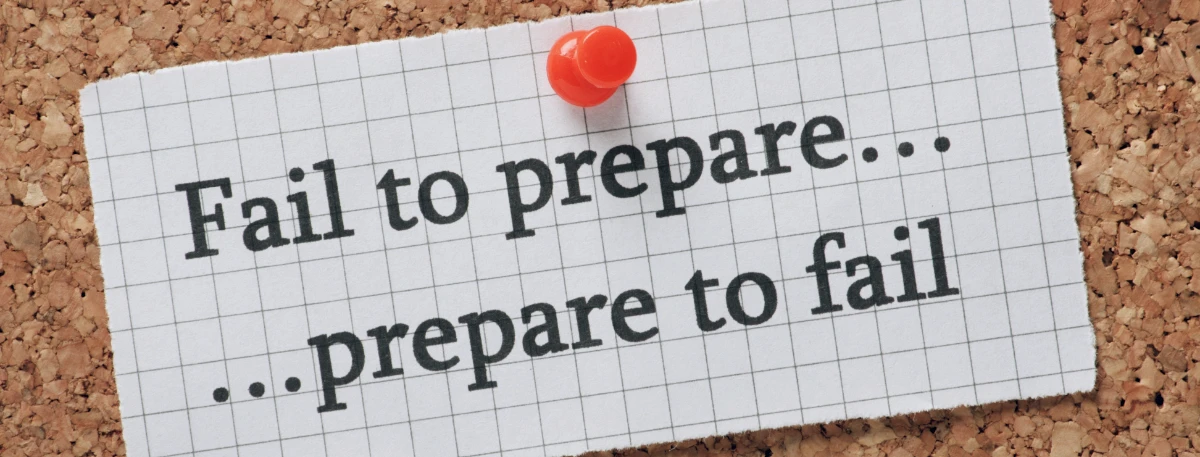The world we live in feels like it’s constantly on the brink of disaster. Natural catastrophes, economic instability, and personal emergencies are becoming a common part of our lives. Yet, many of us remain woefully unprepared. It’s not just about being ready for the next hurricane or blackout—it’s about having the peace of mind that comes from knowing you can handle whatever life throws your way. Preparedness is no longer an option; it’s a necessity.

The Fragility of Modern Life
Look around, and it’s painfully obvious how fragile our modern conveniences are. A single storm can knock out power for days, leaving people scrambling for basic necessities. The recent pandemic showed us how quickly shelves can empty, and how unprepared most of us are for even a few weeks of disruption. It’s maddening to think that despite all our technological advancements, we’re still vulnerable to the whims of nature and society’s failures. This fragility should be a wake-up call for everyone.
The Illusion of Security
Many people operate under the illusion that help will always be available. They trust that emergency services will arrive promptly, that stores will always be stocked, and that their savings will get them through tough times. But the truth is, during widespread emergencies, services are overwhelmed, supply chains break down, and financial systems falter. When disaster strikes, you’re often on your own, at least initially. This harsh reality means that the responsibility for your safety and well-being falls squarely on your shoulders.
Practical Steps to Take Now
The first step in preparedness is recognizing the need to act. Start by assessing the specific risks you face based on your location and personal circumstances. Do you live in a hurricane-prone area? Are you dependent on daily medication? Tailor your preparedness plans to address these unique needs.
Stock up on essentials like non-perishable food, water, and medical supplies. It’s not about hoarding; it’s about ensuring you have enough to get through an emergency. Invest in items that can sustain you and your family for at least two weeks. Consider how you’ll cook if the power goes out, how you’ll stay warm if heating fails, and how you’ll communicate if phones are down.
The Psychological Benefits of Preparedness
Beyond the practical aspects, there are significant psychological benefits to being prepared. Knowing you have a plan and the supplies needed to face an emergency reduces anxiety and builds confidence. It’s empowering to take control of your own safety rather than relying on an overburdened system. This mindset shift can also positively impact other areas of your life, making you more resilient and resourceful.
The Ripple Effect of Personal Preparedness
When individuals prepare, it doesn’t just benefit them—it benefits their entire community. A well-prepared community is less likely to panic and more likely to support each other. When disaster strikes, those who are prepared can offer assistance to neighbors, reducing the overall burden on emergency services. This communal aspect of preparedness fosters a sense of solidarity and cooperation, making everyone stronger.
The Time to Act is Now
Waiting until disaster is imminent is a recipe for chaos. The time to act is now, when you can think clearly and gather supplies without the pressure of an approaching emergency. This proactive approach not only ensures you’re ready but also means you’re not contributing to the panic buying and shortages that often accompany crises.
Remember, preparedness is not just about surviving; it’s about maintaining a semblance of normalcy and comfort in the face of disruption. It’s about ensuring that you and your loved ones can weather the storm with dignity and grace.
The Cost of Ignorance
Ignoring the need for preparedness can have devastating consequences. It’s not just about inconvenience; it’s about your safety and the safety of your family. In the aftermath of a disaster, those who are unprepared suffer the most. They are the ones who face hunger, illness, and uncertainty. This suffering is avoidable, but only if you take the steps to prepare now.
The cost of ignorance is too high. It’s a gamble with stakes that no one should be willing to take. Preparedness is an investment in your future—a way to safeguard against the inevitable disruptions of life.
Preparedness is not just an option; it’s a responsibility. Take charge of your future, protect your loved ones, and be ready for whatever comes next. The time to prepare is now.